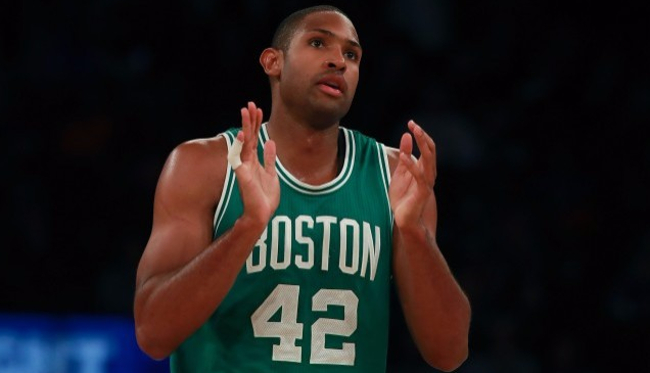
Going into the offseason, the Celtics knew that losing Kyrie Irving was a very real possibility, despite his very public proclamation last summer that he wanted to stay in Boston long-term. It was a contingency that they weren’t entirely unprepared for, as evidenced by how swiftly they reached an agreement with Kemba Walker once free agency began.
Neither were they too surprised by Al Horford‘s decision to jump ship and sign a long-term deal with the Philadelphia 76ers, though the way it panned out reportedly wasn’t to their liking. Horford had been the team’s defensive anchor and, at various points, it’s most consistent player throughout a season that was marred by chemistry issues, and his veteran presence was a stabilizing force.
The Celtics would’ve clearly preferred to hang on to him, but they didn’t get much of an opportunity to make their pitch, as Horford’s four-year, $109 million contract with the Sixers went public just moments after the free agency moratorium period opened on June 30.
Now, Boston is apparently crying foul on that deal, claiming that Philadelphia is guilty of tampering. Here’s what ESPN’s Brian Windhorst had to say on The Hoop Collective podcast (h/t CBS Sports):
“The Celtics were, from what I am told, one of the teams that kind of stomped their feet about what they felt was tampering,” Windhorst said. “Not with Kyrie, although that looked like it was lined up pretty far in advance. But with Horford. What happened with Horford – again, from what I am told – really upset the Celtics, that they were thinking they were going to be able to negotiate with him, talk to him about a new contract, and all of a sudden, it was like he already knew what his market was and was out of there.”
Tampering, of course, is the absolute worst-kept secret across the league. Just look at how quickly the contract agreements started to surface immediately after the clock struck 6 p.m. on June 30, and that emphatically includes Boston’s own deal with Walker.
Which is to say all this may prompt the league to take a closer look at its current rules and how they’re enforced moving forward. Because if Magic Johnson has taught us anything, it’s that your tampering has to be pretty blatant to incur the NBA’s wrath.






